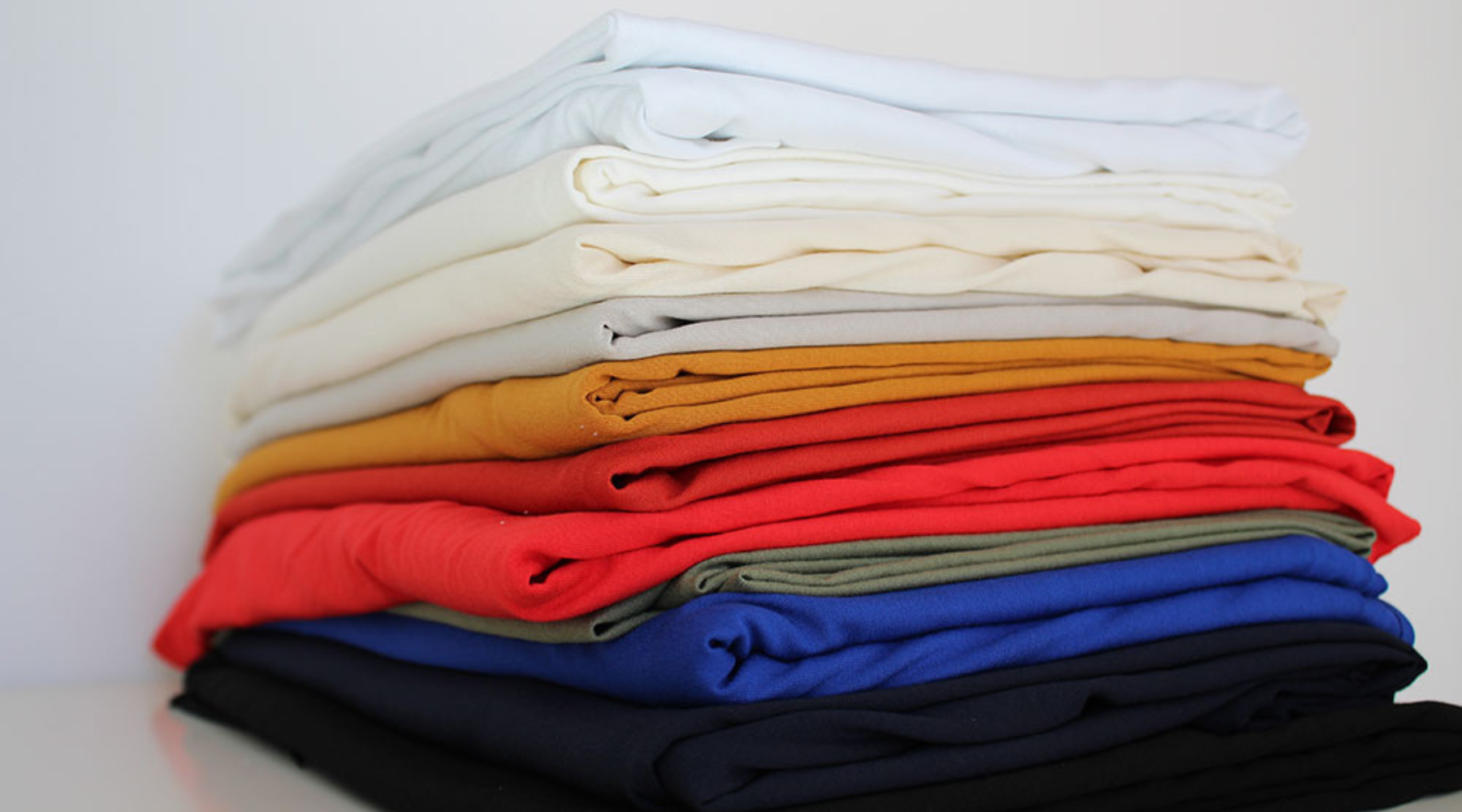
Eco-friendly Knits: A Deep Dive into Sustainable Jersey Fabrics
In the ever-evolving landscape of fashion, the quest for sustainability has become a cornerstone for designers and brand owners alike. As the industry shifts towards eco-conscious practices, one fabric that stands out for its versatility and environmental benefits is jersey. Let's explore the world of sustainable jersey fabrics, their unique qualities, and the myriad of garments that can be crafted from them.
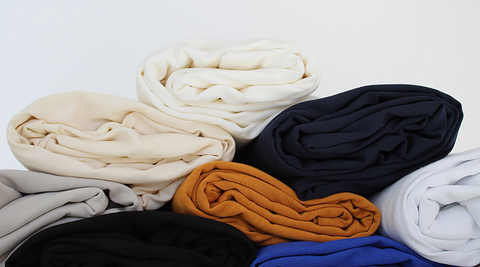
Understanding Jersey Fabrics:
Jersey fabrics are knit textiles known for their stretch and excellent draping characteristics. They are made by knitting together interlocking loops of yarn, resulting in a fabric that is comfortable, breathable, and perfect for a wide range of clothing. The flexibility of jersey makes it an ideal choice for garments that require both comfort and style.
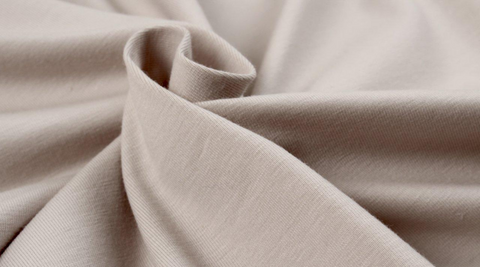
Diverse Garments, Endless Possibilities:
Jersey fabrics, with their unique blend of comfort and stretch, open up a world of creative possibilities for fashion designers and brand owners. The adaptability of jersey lends itself to an array of garments that cater to different styles, occasions, and preferences.
-
T-Shirts:
- Classic and versatile, jersey t-shirts embody the essence of casual comfort. Whether plain or adorned with intricate designs, these staples are a canvas for self-expression.
-
Dresses:
- From flowy maxi dresses to body-hugging minis, jersey fabrics offer an effortless drape that enhances the silhouette. Perfect for day-to-night transitions, jersey dresses fuse style with comfort seamlessly.
-
Pants:
- Whether crafting wide-leg trousers or snug leggings, jersey fabrics provide the flexibility needed for bottoms that prioritize both style and ease of movement.
-
Loungewear:
- As the demand for cozy yet chic loungewear rises, jersey fabrics become the go-to choice. Comfortable pajamas, joggers, and hoodies can all be fashioned from this adaptable material.
-
Lingerie:
- The soft touch of jersey makes it an ideal choice for intimate apparel. Bras, panties, and sleepwear benefit from the breathable nature of the fabric, ensuring comfort throughout the day and night.
-
Activewear:
- Jersey's stretch and moisture-wicking properties make it an excellent candidate for sportswear. Whether designing yoga pants, sports bras, or athletic tops, the fabric supports an active lifestyle.
-
Swimwear:
- Jersey's ability to dry quickly and conform to the body's contours makes it suitable for swimwear. Sustainable jersey compositions add an eco-friendly dimension to stylish beach and poolside attire.
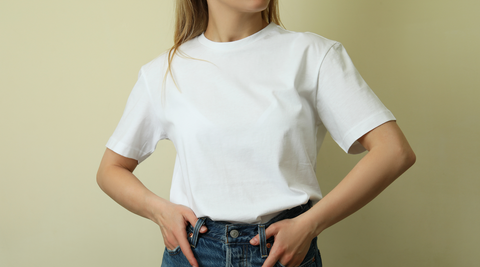
Sustainable Jersey Compositions:
-
- Eliminates harmful pesticides, promotes soil health, and supports sustainable farming practices.
-
- Made from responsibly sourced wood pulp, reducing environmental impact through ethical forestry practices.
-
- Breathable and eco-friendly, linen is derived from flax plants, requiring minimal water and pesticides during cultivation.
-
- Repurposes pre-consumer or post-consumer cotton waste, reducing demand for virgin cotton and minimizing waste.
-
- Derived from recycled plastic bottles or industrial waste, addressing environmental concerns associated with conventional polyester production.
-
- Fast-growing and regenerative, bamboo fabric offers a soft and breathable alternative, promoting sustainable agriculture.
-
- Produced from beechwood pulp, modal is a type of rayon with a lower environmental footprint, providing a silky feel and excellent draping.
-
- Sourced from sustainable wood pulp, Tencel is known for its softness, moisture-wicking properties, and overall contribution to a comfortable wearing experience.
-
- When responsibly sourced, wool is a renewable resource, with modern practices focusing on animal welfare and sustainable land management.
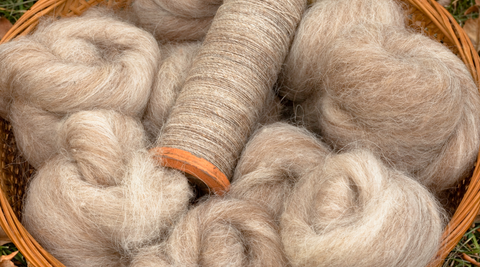
Fabricsight.com, Your Gateway to Sustainable Choices:
For those committed to weaving sustainability into their designs, Fabricsight.com stands as a valuable resource. Our platform provides a curated selection of sustainable fabrics, allowing designers and brand owners to make informed choices that align with their eco-conscious goals.
In conclusion, the intersection of fashion and sustainability finds a harmonious expression in the realm of jersey fabrics. By choosing sustainable compositions like organic cotton, Ecovero viscose, linen, recycled materials, bamboo, modal, Tencel, and responsibly sourced wool, fashion designers can create not only stylish but also environmentally responsible garments. Explore the possibilities, make conscious choices, and contribute to a greener, more sustainable fashion industry.
